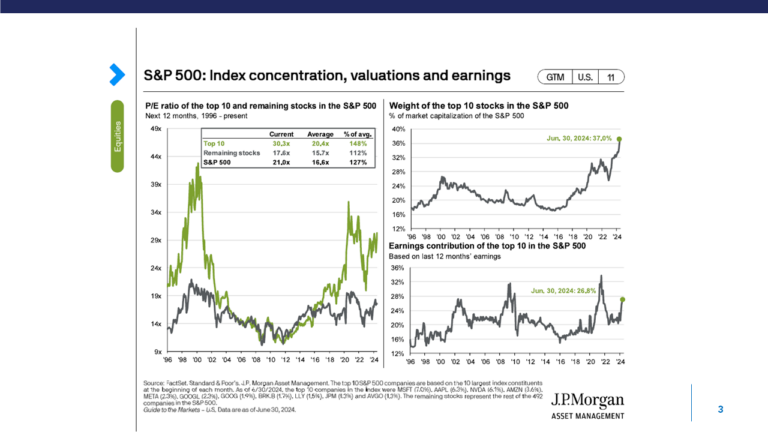While driving around the city I live in, I often see a particular license plate frame from a local car dealership that boasts the tagline “We worked it out!” Every time I see those words on the rear of a vehicle, I find myself wondering if that is the best way to market yourself. The tagline implies that there is conflict when dealing with that car dealership; which is not something I would want to advertise if I was in the business of selling cars.
Maybe I should give that dealership more credit, because, let’s be honest, we all expect at least some conflict during the car buying process. This is primarily because we understand that the car salesperson has one overarching goal, to maximize their profit, not yours.
Similarly, many financial consumers mistakenly think their advisor is working for them, when in reality they are very much working for themselves. Financial regulators have put laws into place that divide advisors into one of two camps; those held to a fiduciary standard and those held to a suitability standard. If your advisor is held to a fiduciary standard, he or she must put your interests ahead of their own. If your advisor is held to a suitability standard, they only have to make sure the product they recommend to you is “suitable.” Let’s stick with the car theme in helping understand the difference.
You show up at a car dealership looking for a vehicle that will reliably get you to-and-from work, shuttle your kids around, and safely navigate the snow in winter. The salesperson talks you into a fully-loaded, 4-wheel drive, quad-cab, pickup truck. Sure, the truck is suitable in that it meets all your needs, but was it the absolute best choice for you? The salesperson likely made significantly more commission on the sale than if they had sold you a car or smaller SUV, but you’ll never know that for sure. That’s suitability.
You show up at a car dealership with the same needs as before. The sales consultant shows you various cars, SUVs, and trucks. You test drive multiple models and have further discussions about what you are looking for. You eventually purchase a non-premium brand, AWD, mid-sized, SUV. It’s rated best-in-class for safety, seats 5, and has much lower operating costs than the truck from the previous example. What’s more, the dealership you went to pays their sales consultants the same amount for any vehicle they sell, so you know your consultant wasn’t conflicted on which vehicle to sell you.
A savvy car shopper spends many hours researching, test driving, and negotiating a purchase that may run between $20,000 and $60,000. They do this because they know their car salesperson does not work for them, they work for a dealership and their job is to maximize profit. When it comes to a decision as big as your family’s financial life, everything you have ever worked for, saved, and hope to have, don’t you think you would prefer an advisor that works for you and not for themselves?
Paul Coleman III, CFP®
Financial Advisor


